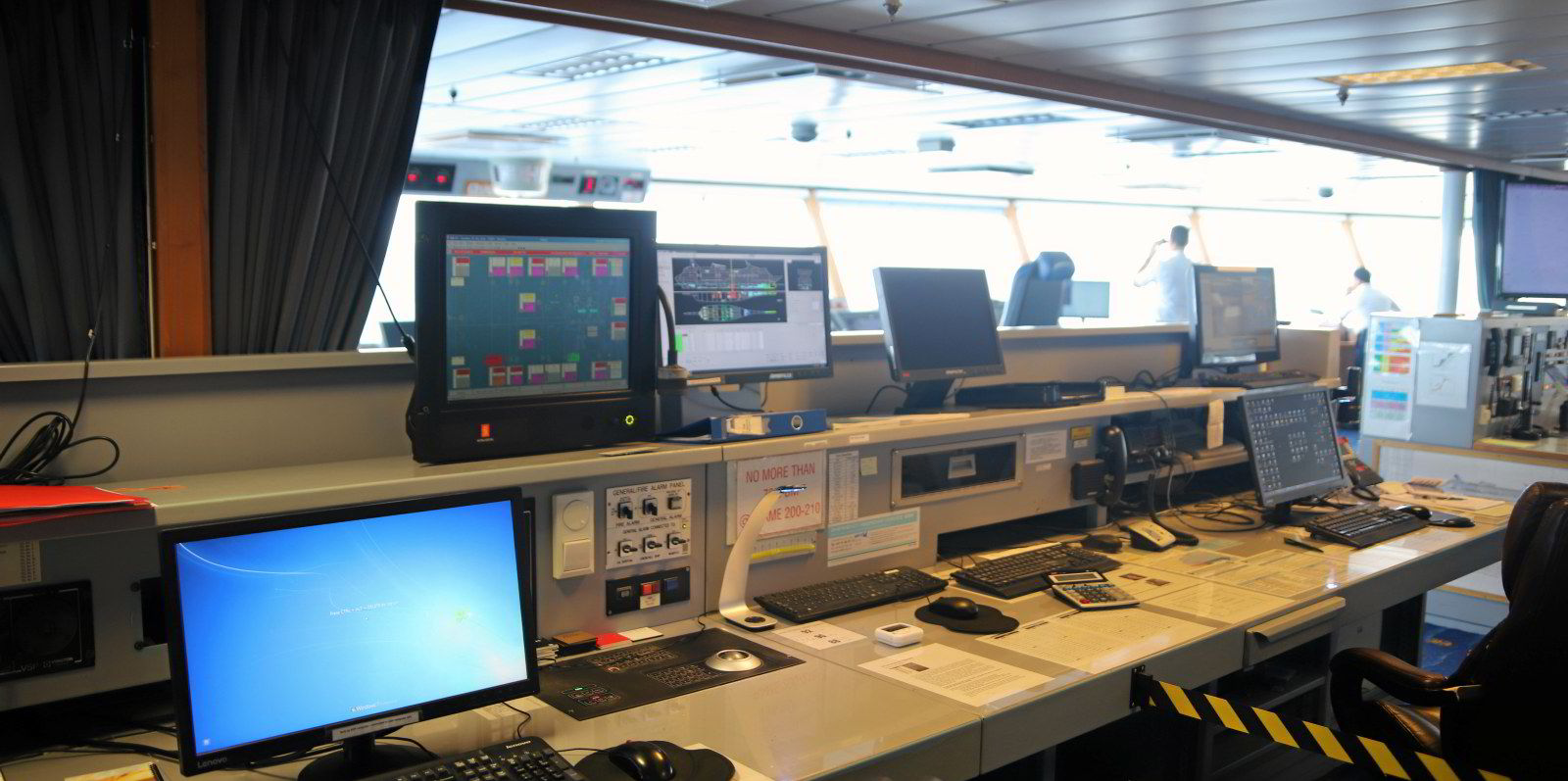While more shipping professionals are increasingly willing to adopt new technologies, they may have a long way to go before they reap the rewards of digitalisation.
Digital experts suggest that from management to seafarers, firms are still trying to figure out how to digitalise their workflows to enhance competitiveness.
Jorn Annweiler, managing director at consultancy Maritime Partners, told TradeWinds that half of the organisations he has dealt with have yet to formulate a clear strategy.
“The largest ones, they are okay,” he said. “When you move down a little bit to ‘fairly large’ and medium-sized companies, it's a mixed picture.”
Ideally, management should have sound ideas on why they apply technologies and how to make the changes to benefit their business.
But Annweiler observed that many companies do not feel their business models and organisational capabilities are affected by digitalisation.
“There is a missing link… Quite a large number of companies are not really utilising the digital transformation plans when they are discussing their business plans,” he added.
Bold ambitions
Annweiler suggested shipping firms can often invest in new technologies without fully recognising the value of data. Therefore, management tend to have high ambitions but lack an understanding of which applications they should adopt.
“You need new competencies. You need a different structure in your organisation” to achieve digitalisation, he added.
“That's where quite a large number of shipping companies are not really great.”
Meanwhile, experts at Finnish tech firm Wartsila caution that crew could get the short end of the stick in digitalisation.
Without enjoying the benefits of improved work efficiency, seafarers often need to record data multiple times in digital formats nowadays. In the past, everything went into paper logs.
Vladimir Ponomarev, a senior product director at Wartsila, said the issue partly lies in the “very fragmented” market for digital technologies.
“These technologies are overlapping, so the crews have to duplicate their activity,” he said.
Growing confidence
Ponomarev also said ship managers usually have digital applications alongside paper logbooks simultaneously, occasionally due to regulatory requirements.
“Managers are not 100% relying on the new technology solutions,” he said. “They are using them as a sort of backup in parallel with existing, old-fashioned ways of doing things.”
Still, Ponomarev expects crew members to have fewer tasks on their to-do list eventually as the industry becomes more comfortable with digital records.
“There will be growing confidence in these new technologies on the side of fleet managers as well as in some cases the regulatory authorities,” he said.





